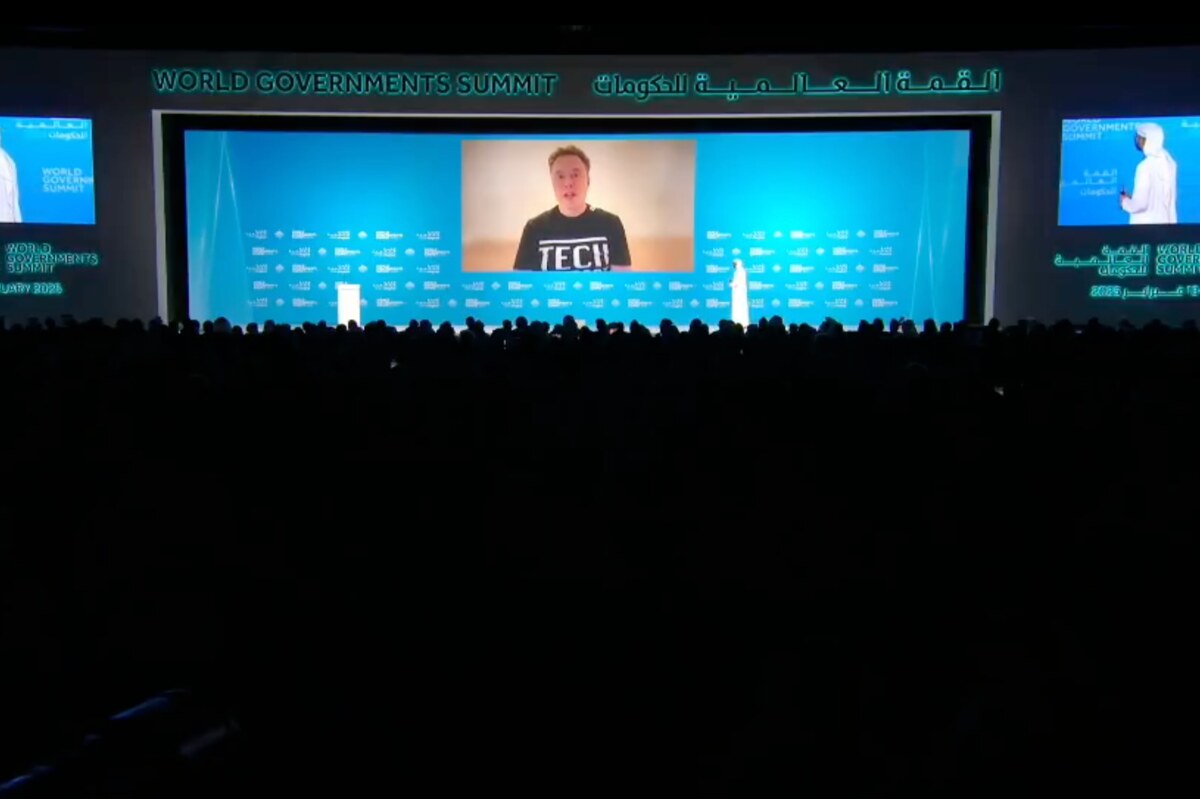Elon Musk, the CEO of Tesla, recently announced a partnership with the UAE’s AI Minister, Omar Sultan Al Olama, to create an underground high-speed transport system known as the “Dubai Loop.” This innovative project aims to connect the most densely populated areas of Dubai, allowing for efficient travel from point to point.

The announcement was made during a video call at the World Governments Summit 2025 in Dubai. Al Olama explained that the Dubai Loop project will facilitate movement across the city, emphasizing its significance for urban mobility. Musk described the system as functioning like a “wormhole,” allowing passengers to swiftly traverse the city without the delays associated with traditional transportation methods.
Musk elaborated on the advantages of tunnel systems, stating that they offer safety, efficiency, and protection from weather conditions, which can hinder other forms of transport. He highlighted that the Dubai Loop will be similar to the Las Vegas Loop, which operates underground and includes five stations with 70 driverless vehicles. This project took two years to build and has successfully alleviated traffic congestion in Las Vegas.
While further details about the Dubai Loop were not disclosed, Musk underscored the importance of addressing traffic issues in urban environments. He remarked that underground travel presents fewer challenges compared to alternatives like flying taxis, which can be noisy and prone to accidents, especially during adverse weather conditions.
Additionally, Musk shared insights about his upcoming AI chatbot, Grok 3, which is expected to launch in the coming weeks. He claimed that Grok 3 has demonstrated superior reasoning capabilities in tests, outpacing other AI models currently available.
In the discussion with Al Olama, Musk also touched upon the need for improving government efficiency by reducing bureaucracy and enhancing technology integration within governmental institutions. He noted that streamlining operations could lead to substantial cost savings and increased productivity, ultimately benefiting citizens’ quality of life and fostering long-term economic growth.

Leave a Reply